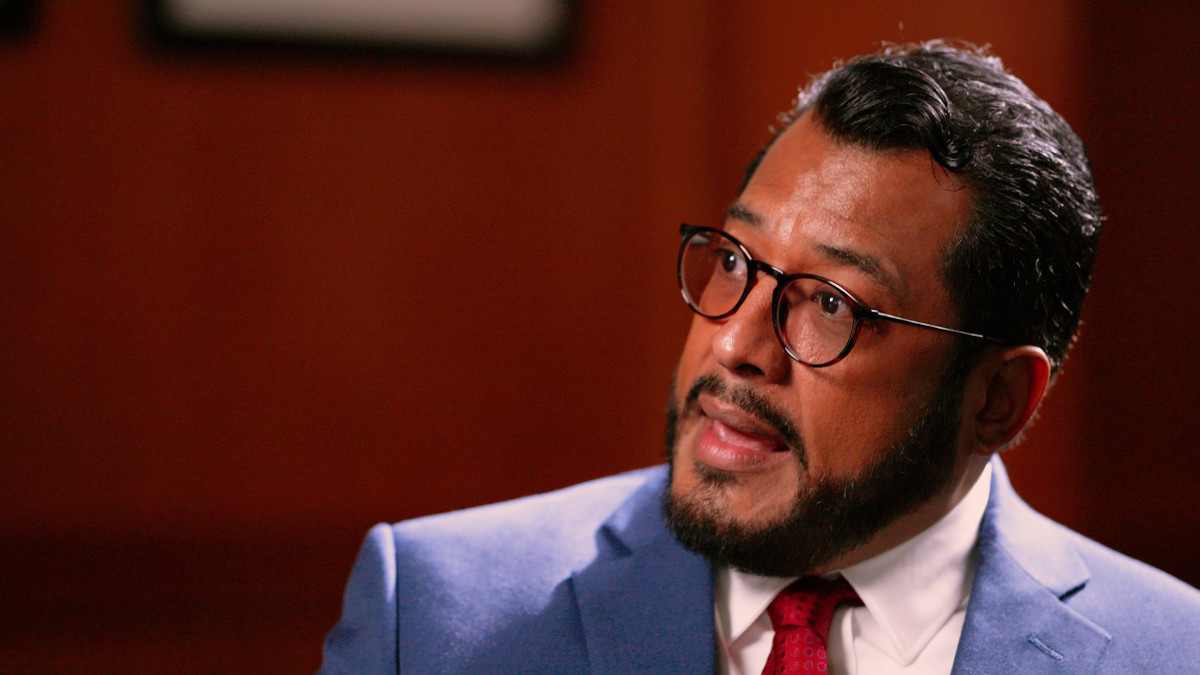Bitcoin’s Role in Defending Democracy in Nicaragua with Félix Maradiaga


At the 2024 Bitcoin Policy Summit, Nicaraguan democracy activist Félix Maradiaga shared insights into the serious challenges facing Nicaragua under Daniel Ortega’s dictatorial rule.
According to Maradiaga, Nicaraguans are losing their freedom at an alarming rate.
“According to the Freedom in the World Report, we have the very unfortunate stigma of being the country that lost the most freedoms over the past year,” Maradiaga told Bitcoin Magazine.
“Imagine a country where you could go to jail for flying a flag, tweeting, receiving money from an international donor or expressing your opinion on social media,” he added.
“That’s the situation in Nicaragua.”
Maradiaga noted that 130 people are currently arbitrarily detained for political reasons, and more than 1,700 have been imprisoned in inhumane conditions over the past three years. He was one of those 1,700.
According to Maradiaga, the oppressive conditions led to the expulsion of nearly 12% of the population.
Using Bitcoin to Fight Financial Oppression
Maradiaga is currently working to rebuild the capacity of Nicaragua’s democratic opposition abroad, and his advocacy includes using Bitcoin to circumvent the financial repression used by the Ortega regime.
Maradiaga thanked his wife, Berta Valle, and Alex Gladstein, chief strategy officer at the Human Rights Foundation, for introducing him to Bitcoin, then gave examples of how the technology has helped pro-democracy freedom fighters on the front lines in Nicaragua.
In 2018, when his team of human rights defenders produced a report on the situation in Nicaragua, those involved in the process were rewarded through traditional financial rails.
The Ortega regime, with help from the European Union, the United Nations, and the United States Agency for International Development (USAID), gained access to financial records, which led to the persecution of those involved in Maradiaga’s team’s efforts.
“We learned very early on that you can’t use the traditional banking system because financial repression for political control is actually one of the areas that dictators have learned a lot about. They’ve become very sophisticated,” he explained.
To respond, Maradiaga and his colleagues turned to Bitcoin.
“Bitcoin is the only tool that can counter the dictator’s financial repression,” Maradiaga said.
Misuse of anti-money laundering regulations
Maradiaga discussed the broader legal and regulatory implications for Bitcoin, reflecting global policies.
He cites the Magnitsky Justice Campaign, which imposes sanctions against repressive regimes, and notes that these regimes often steal money from freedom fighters’ banks under the guise of international money laundering regulations approved by bodies such as the International Monetary Fund (IMF). They pointed out that they were retaliating by freezing their accounts.
He went on to explain that anti-money laundering regulations are often used to target the wrong parties.
“We saw 3,400 NGOs shut down using this particular law,” Maradiaga explained.
He argued that mechanisms developed after World War II were outdated and that embracing new technologies such as Bitcoin was essential.
Policymakers need to educate themselves about Bitcoin.
Maradiaga urged policymakers around the world to educate themselves about Bitcoin.
“Policymakers around the world who are skeptical of Bitcoin need to acknowledge that it’s completely understandable to have questions when you don’t understand any of the technology,” he shared. “Once you get educated on this technology, you can really see that it is a much more viable tool to solve these problems than traditional money (systems).”
The global fight against dictators
Maradiaga also emphasized that Nicaragua’s struggles are part of a larger problem.
“Dictators are collaborating with each other,” he said.
“They are sharing technology. “They support themselves through weapons and mechanisms of repression,” he added.
“We who believe in freedom, human dignity, human rights, and a free and fair society must work together.”
Maradiaga said people can participate in his efforts at the World Liberty Congress.


